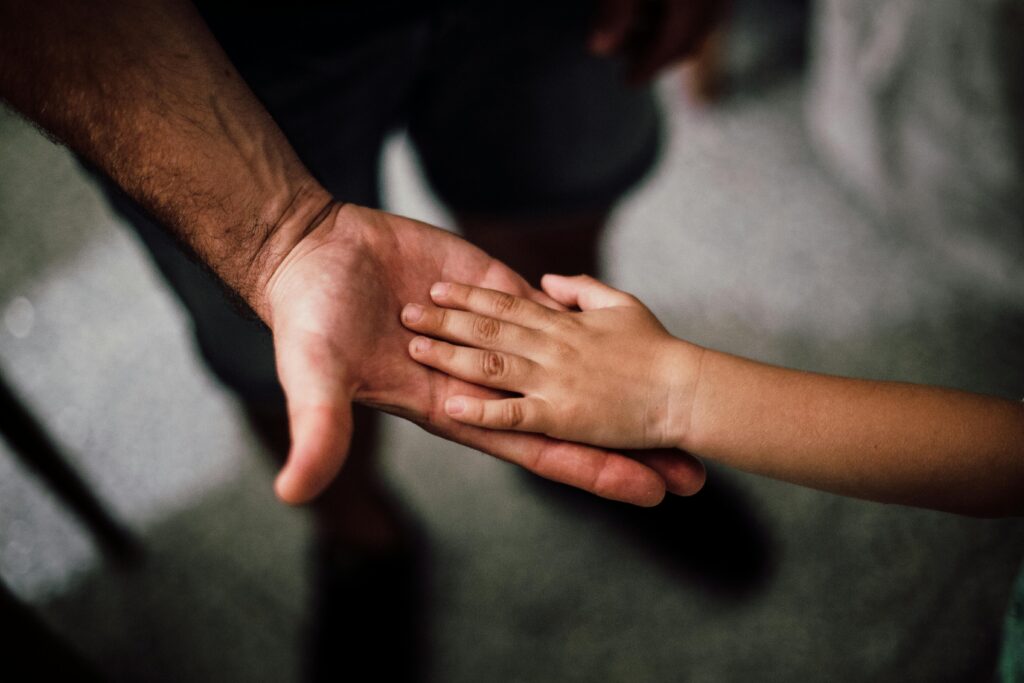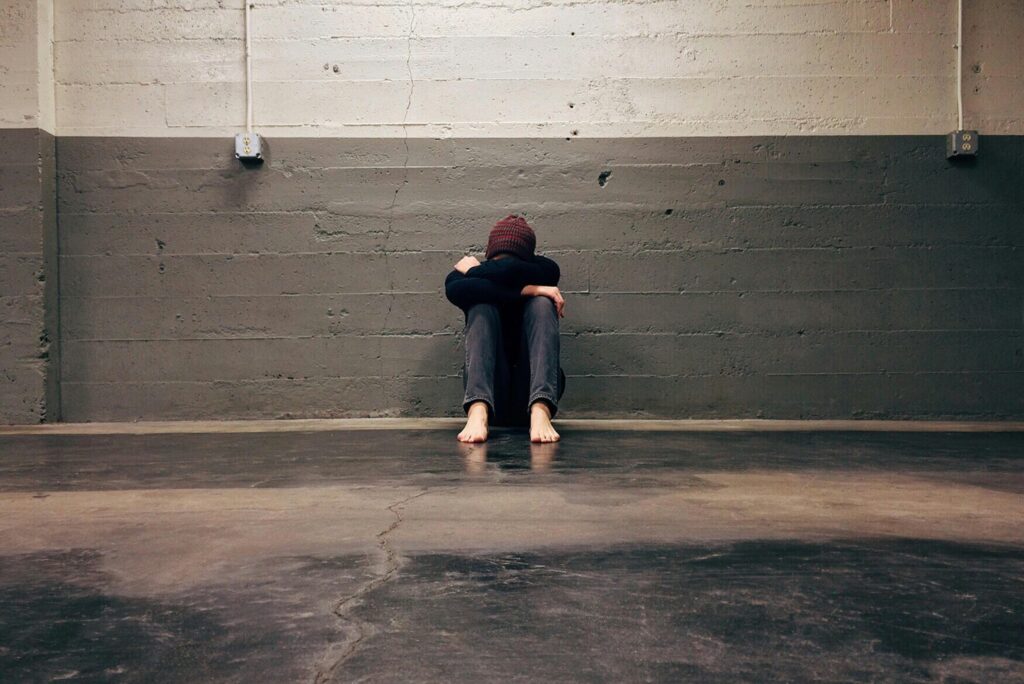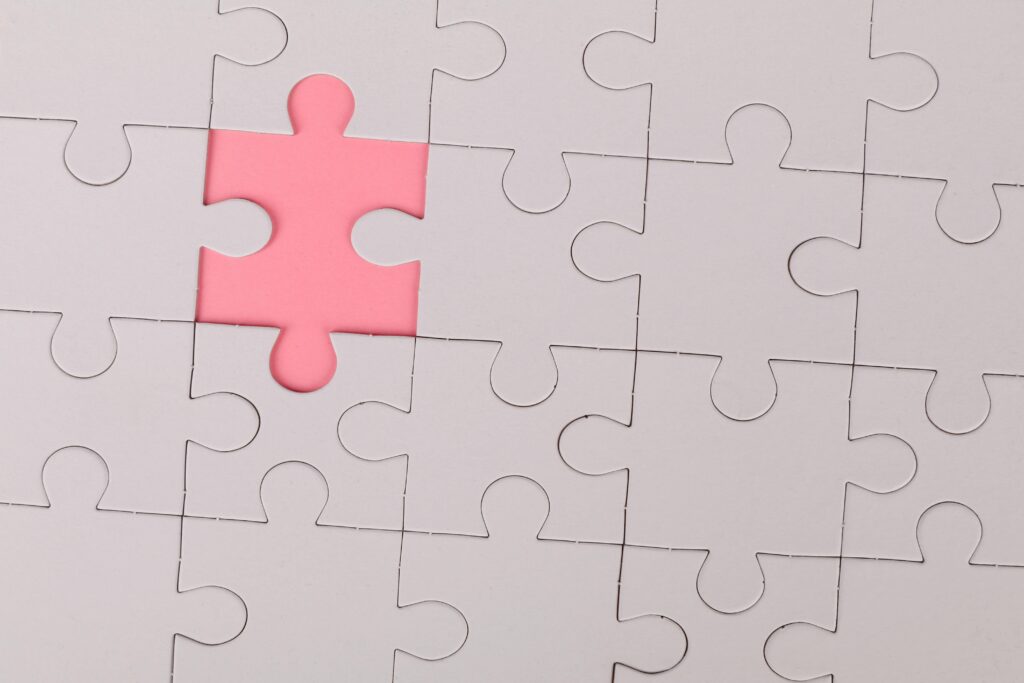When a marriage ends or separation begins, one of the most sensitive and emotionally difficult decisions is: who gets custody of the child?
In India, child custody is not treated as a right of the parent, but as a matter of the child’s best interest. Whether you’re a mother, father, or even a guardian, Indian law provides you the right to approach the court to request custody—but the outcome depends heavily on the child’s age, well-being, and specific circumstances.
Custody issues in India are mostly dealt with under the Guardians and Wards Act, 1890. In cases of Hindus, the Hindu Minority and Guardianship Act, 1956 also applies.
However, regardless of religion, the overriding concern for any court is always “the welfare of the child.”
Child custody can take different legal forms:
| Type of Custody | What It Means |
|---|---|
| Physical Custody | The child lives with one parent, but the other has visitation rights |
| Legal Custody | The right to make decisions for the child—like schooling, medical care, etc. |
| Joint Custody | The child lives alternately with both parents |
| Sole Custody | One parent gets full custody due to abuse, neglect, or incapacity of the other |
In most cases, Indian courts tend to award custody of young children (below 5 years) to the mother unless there are strong reasons not to.
But this is not a rule—the father can also be awarded custody if the mother is unable to care for the child. For children older than 9 years, courts sometimes consider the child’s own preference.
To start the process, you can file a custody petition in the Family Court or District Court under the appropriate Act. You can do this during or after a divorce proceeding, or even when there is no divorce but the parents are living separately.
The court may also order interim custody during the case.
The court may ask for counseling, background checks, and financial statements. In many cases, mediation is encouraged to reach a mutual agreement—especially for visitation schedules and joint parenting.
If you’re in the middle of a divorce, our blog on How to File for Divorce in India: A Beginner’s Guide explains how custody fits into the wider legal process.
Also, if you’re worried about financial support while raising your child, read our blog on What Is Maintenance and Who Can Claim It?
Custody decisions are never set in stone. If circumstances change—like income, remarriage, or change in living situation—you can approach the court to modify custody arrangements in the future. The key focus will always remain: What is best for the child, emotionally and physically?
To legally file for custody, you need to submit a petition before the appropriate court—usually the Family Court or District Court in your area. The applicable law depends on your religion.
For Hindus, custody is governed by the Hindu Minority and Guardianship Act, 1956 along with the Guardians and Wards Act, 1890. For other religions, the Guardians and Wards Act is the primary law.
You can file for custody:
- During divorce proceedings
- After legal separation or divorce
- Even without divorce, if you’re separated and concerned for the child’s welfare
You will need to present documents such as:
- Your ID and address proof
- The child’s birth certificate
- Proof of your ability to care for the child (income, housing, education, etc.)
- Any documents showing the other parent’s incapacity, if relevant
The court may appoint a guardian ad litem (a neutral representative) to assess the child’s interests. If the child is old enough, the judge may speak directly to them to understand their preferences.
In cases where both parents are found fit, courts often encourage joint custody or provide structured visitation rights to the non-custodial parent. The idea is to ensure that the child maintains a relationship with both parents, unless one is unfit due to abuse, neglect, or harmful conduct.
If you are seeking interim custody—that is, custody while the case is ongoing—you can request that in the same petition. The court usually hears interim custody applications on priority.
Once custody is granted, you are responsible for the child’s health, education, welfare, and safety. But remember, custody orders are not permanent. If conditions change, the other parent can file for modification or transfer of custody.
FAQs
1. Can fathers get custody of minor children in India?
Yes. While mothers often get custody of very young children, fathers can also be granted custody depending on the child’s best interests.
2. Is the child’s opinion considered?
Yes, especially if the child is mature enough—usually above the age of 9 or 10.
3. What is interim custody?
It’s temporary custody granted during the legal proceedings before the final order.
4. Do I need a lawyer for a custody case?
It is advisable, especially in contested cases or when legal strategy is involved.
5. Can custody be changed later?
Yes. You can request a change in custody if circumstances or the child’s needs change.



